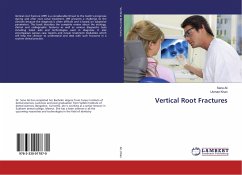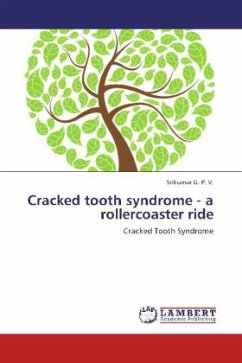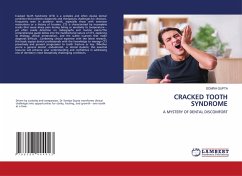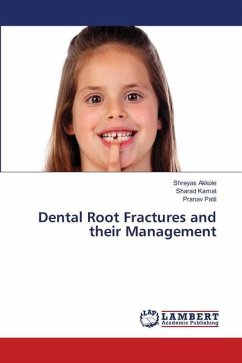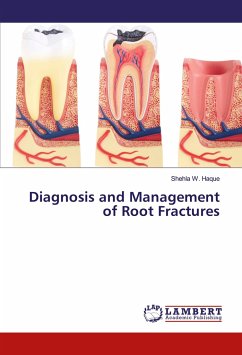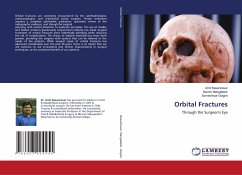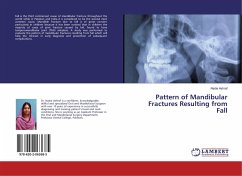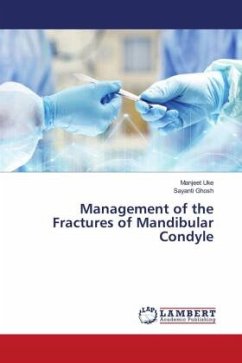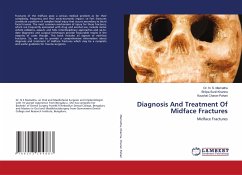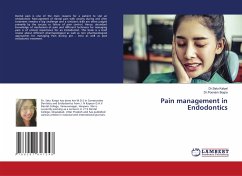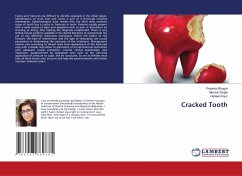
Cracked Tooth
Versandkostenfrei!
Versandfertig in 6-10 Tagen
40,99 €
inkl. MwSt.

PAYBACK Punkte
20 °P sammeln!
Cracks and fractures are difficult to identify especially in the initial stages. Identification of craze lines and cracks is part of a thorough intraoral examination. Epidemiological data reveals that the third most common cause of tooth loss is cracks or fractures in teeth. Patients usually present with a wide variety of signs and symptoms such as pain or discomfort on chewing or biting, thus making the diagnosis complicated. There is very limited clinical evidence available in the dental literature to substantiate the use of any definitive restorative techniques. Hence the extent of the frac...
Cracks and fractures are difficult to identify especially in the initial stages. Identification of craze lines and cracks is part of a thorough intraoral examination. Epidemiological data reveals that the third most common cause of tooth loss is cracks or fractures in teeth. Patients usually present with a wide variety of signs and symptoms such as pain or discomfort on chewing or biting, thus making the diagnosis complicated. There is very limited clinical evidence available in the dental literature to substantiate the use of any definitive restorative techniques. Hence the extent of the fracture, the time of intervention and the type of restoration are crucial parameters in determining the outcome of the treatment. Management options vary according to clinical need from replacement of the fractured cusp with a simple restoration to placement of an extracoronal restoration with adequate cuspal protection. Careful clinical examination and inspection, supplemented by specialized tests such as the non-axial application of pressure to cusps, will be conclusive. So we as dentists must take all these factors into account and help the patients decide and initiate a proper treatment plan.



